ACC opens battery factory in France
Automotive Cells Company (ACC), a joint venture by Stellantis, Total and Mercedes-Benz, inaugurated its first factory in France. However, the “Grand Opening” is not synonymous with commissioning, which will take place later this year.
ACC says then facility in Billy-Berclau/Douvrin in the Hauts-de-France region has a production area of more than 60,000 square metres. The production line, which will produce the first battery cells before the end of 2023, has an annual capacity of more than 13 GWh. ACC states this output will be reached by the end of 2024. Later, it will build two more production lines, bringing the plant’s capacity to 40 GWh per year by 2030.
Of the 60,000 square metres of production space, one-third, or 20,000 square metres, is a designated Dry room. Sixteen mixers, with a volume of 1,600 litres each, have been installed in the hall to mix the active materials and auxiliary substances. The carrier foils are coated on five coating lines (three for cathodes, two for anodes) and dried in ten to twelve ovens at 80 metres per minute. After cutting and stacking, the plant should produce 56,000 cells per day – enough for 2.4 million battery modules or (depending on the number of modules per vehicle) between 200,000 and 300,000 EVs per year. And that is only from “Block 1”, i.e. the 13 GWh plant.
ACC plans three factories with a capacity of 40 GWh each
For production in Douvrin, located in the northeast of France between Lens and Lille, ACC uses processes tested and optimised since 2020 in the pilot plant in Nersac in western France. The research and development centre that started work in 2020 in Bruges near Bordeaux also laid the foundations for the company’s first battery factory. The development and the investment of €850 million in the site made it possible to increase the planned production capacity: Initially, 24 GWh was announced for Douvrin and the parallel planned plant in Kaiserslautern, but this figure was later increased to 40 GWh.
Then PSA and the Total subsidiary Saft initiated the planning for the battery factory. With the merger of PSA and FCA to form today’s Stellantis Group, the third ACC site was acquired in Termoli, Italy. With the commissioning of the factories in Kaiserslautern (from 2025) and Termoli (from 2026), which are also designed for up to 40 GWh, ACC aims to achieve a capacity of 120 GWh.
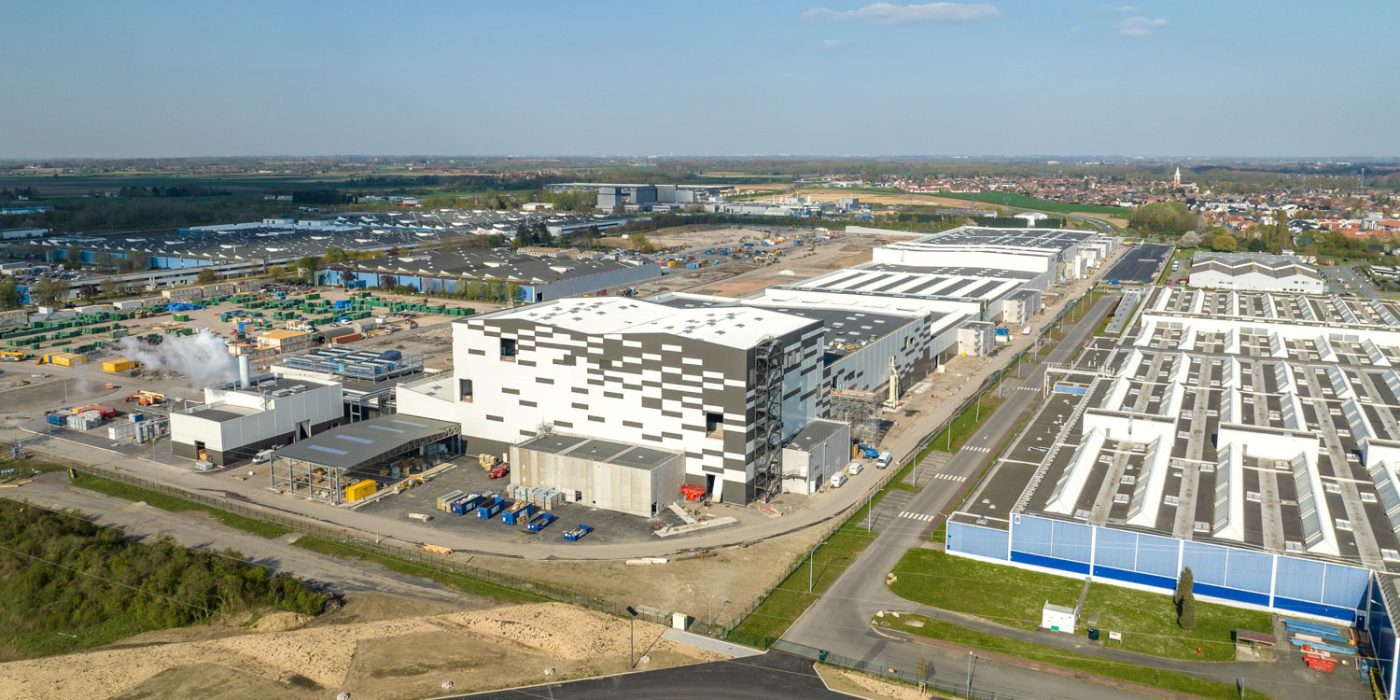
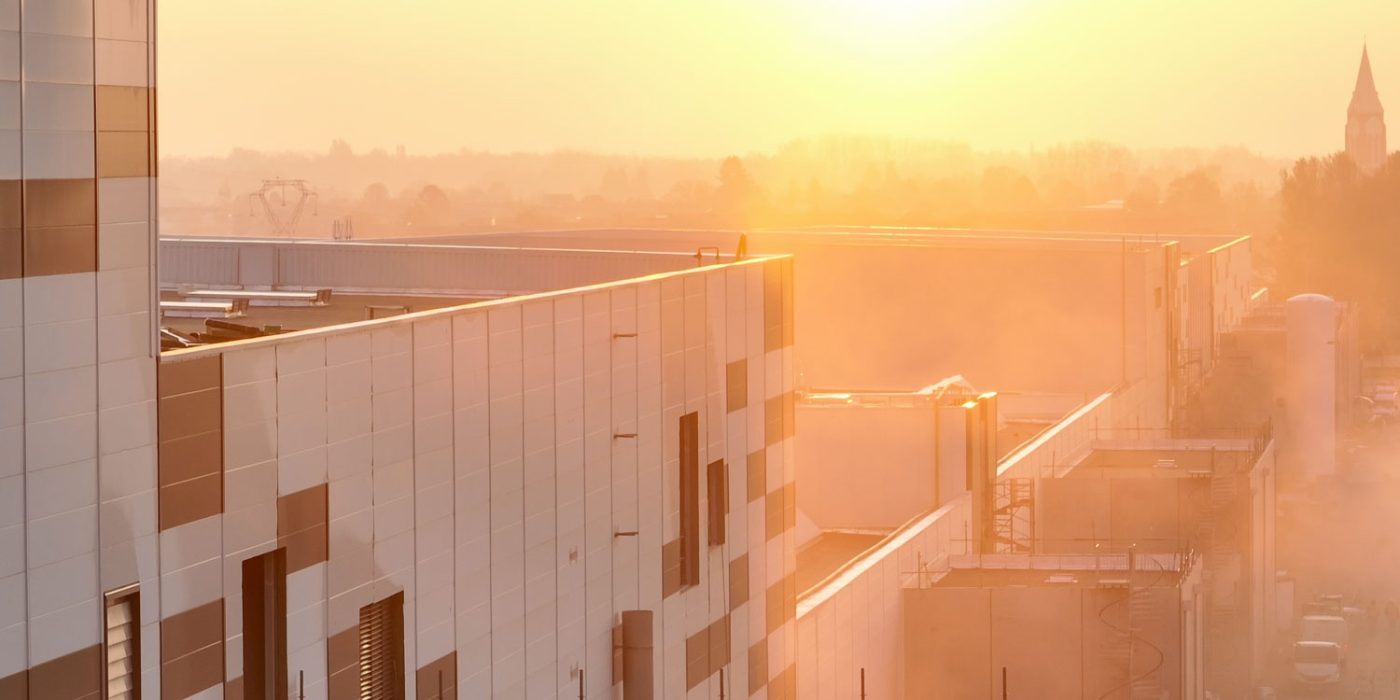
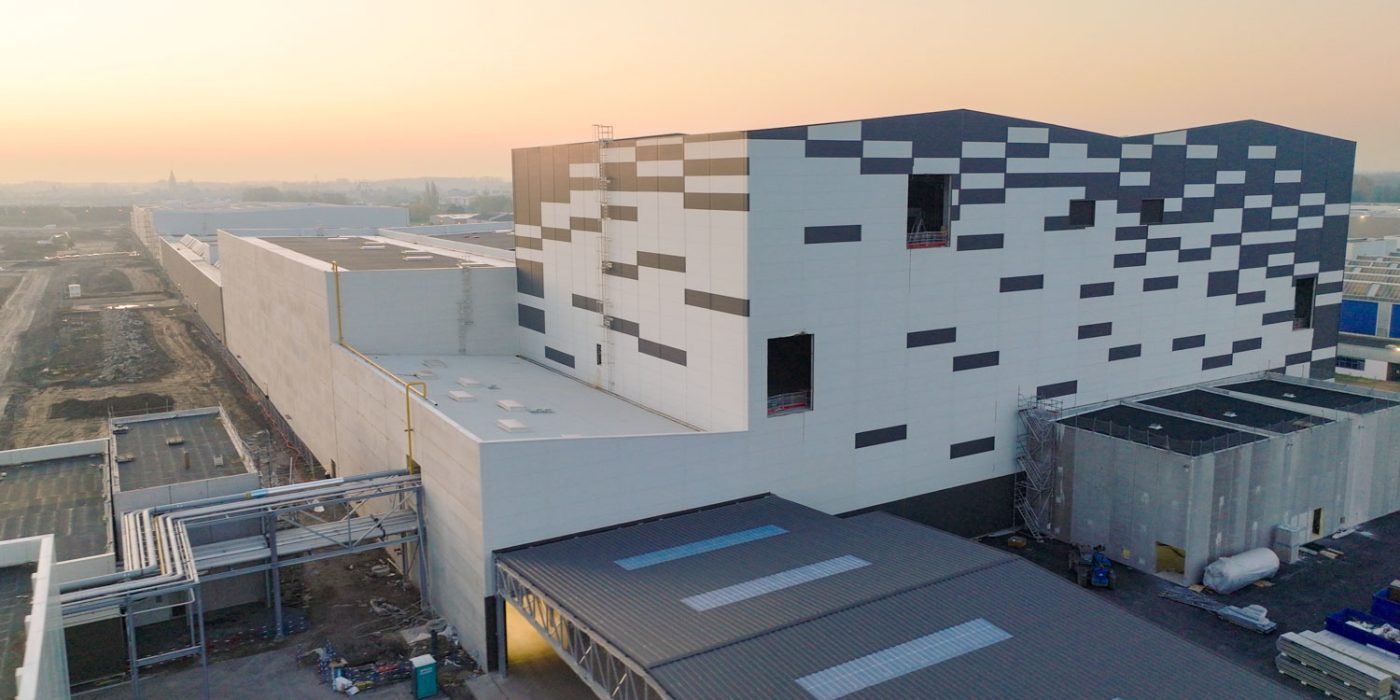
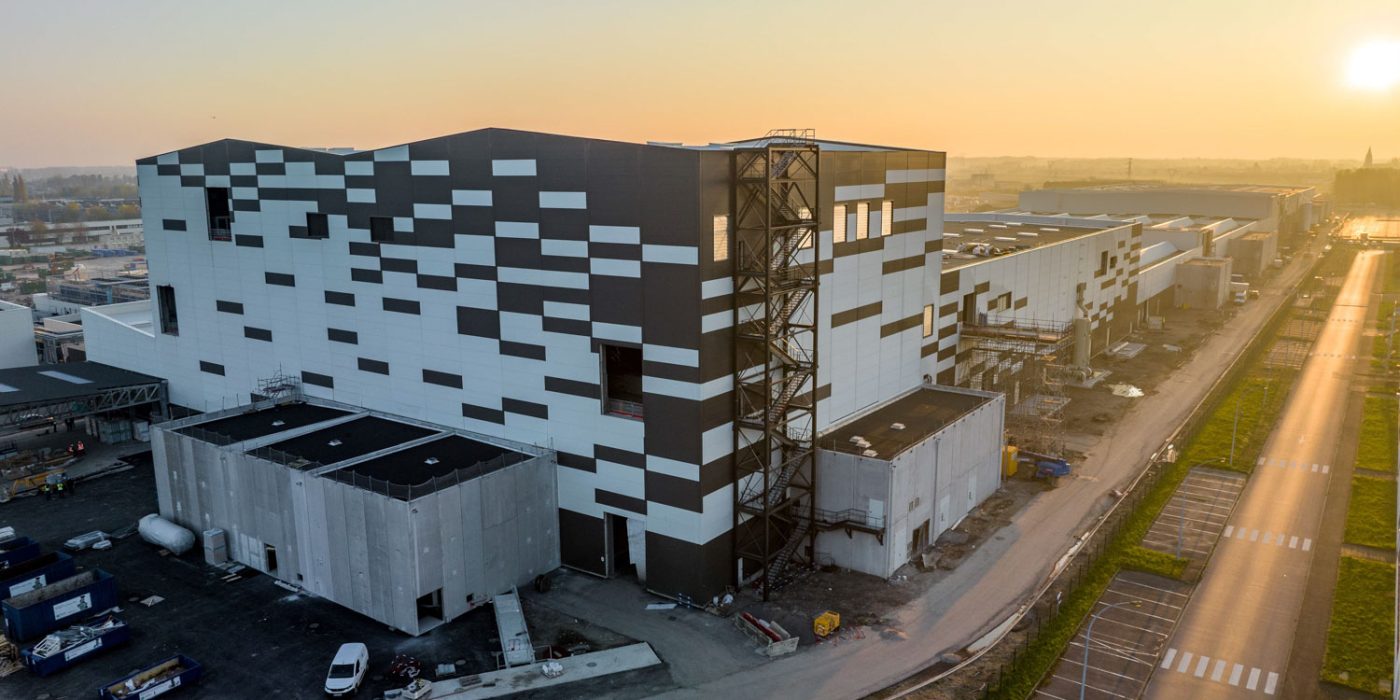
According to ACC, the battery factory in Douvrin is ‘a European flagship’ – and not just because of the other facilities in Germany and Italy. France, Germany, Italy and the European Union support the project. Mercedes-Benz later joined the cooperation between Stellantis and Total.
The companies and politicians were not only concerned with the European supply of battery cells but also with their sustainability and the environmental impact of production. According to ACC, Douvrin” will use five to ten times less water than a standard vehicle-manufacturing factory and will recycle 90 per cent of waste”. In addition, ACC committed to “sourcing the strategic materials that make up its batteries (cobalt, lithium, copper, and nickel) from suppliers who are exemplary in terms of respect for the environment and human rights, and to actively contributing to the development of the batteries’ recycling industry”.
In the press kit, ACC states that the factory is expected to use 230,000 cubic metres of water per year – 90 per cent of which is used for industrial processes and around ten per cent for drinking water. There is also one of the rare official figures on the energy consumption of battery production. For the first block (i.e. those 13 GWh), ACC estimates that it will need 362 GWh per year – which, according to its calculations, is the installed capacity of about 20 modern wind turbines. If the 13 GWh of batteries produced in this way can be used to equip up to 300,000 cars, this corresponds to an energy consumption of 1,200 kWh per vehicle battery.
“We are proud to have developed a battery technology in France, whose production in our three sites in France, Germany and Italy illustrates our commitment to European industrial sovereignty in a strategic sector that is currently dominated by competition from Asia, which accounts for 85% of global battery production,” says ACC CEO Yann Vincent. “With this inauguration, all ACC employees are committed to contributing to the ecological transition of transport through the production of innovative batteries.”
The three shareholders, too, have high expectations. Mercedes CEO Ola Källenius sees the plant as an important step “to make its auto industry more resilient, competitive, and sustainable, also in the electric era”. Stellantis CEO Carlos Tavares expects ACC to produce “high-tech batteries, serving clean, safe, and affordable mobility for all” – and that “the start of battery production at the same location where Stellantis used to produce – and still produces – internal combustion engines is a strong symbol”. With its investments, TotalEnergies aims to strengthen electrification, according to CEO Patrick Pouyanné, contributing to the “transformation of the European energy landscape and the emergence of a more sustainable economy”.

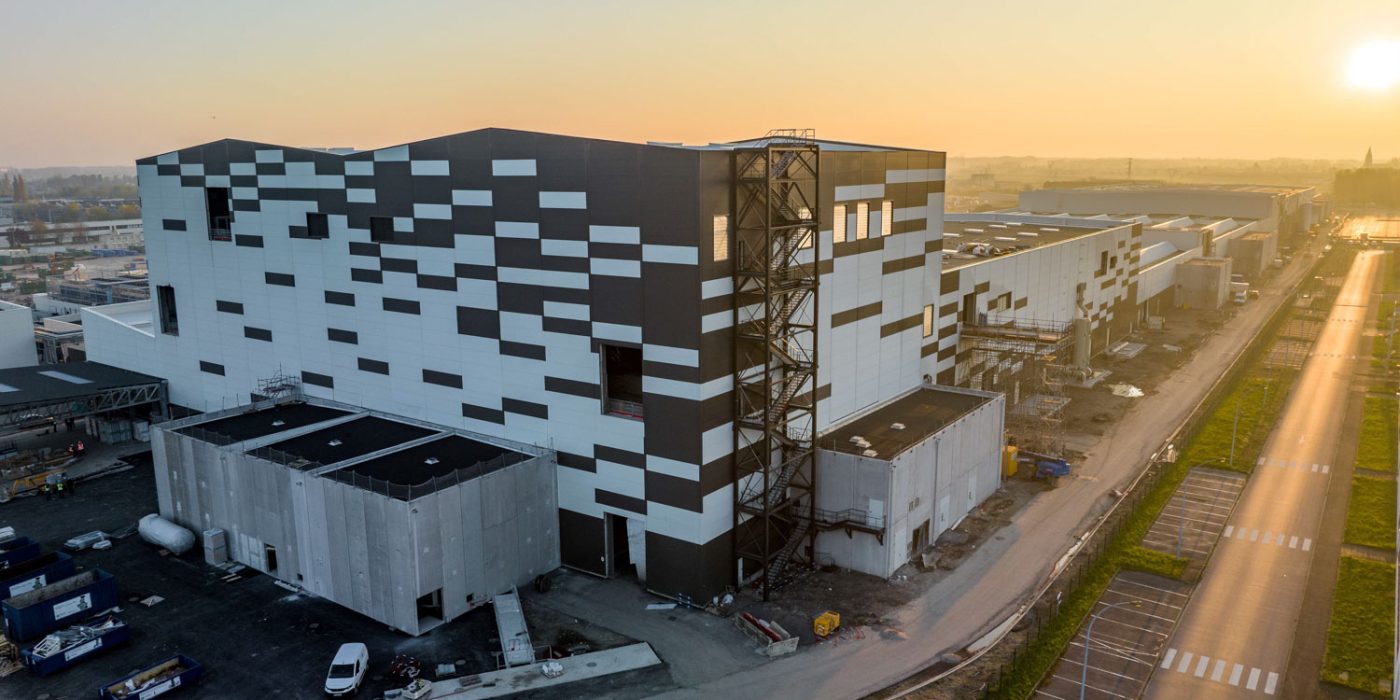
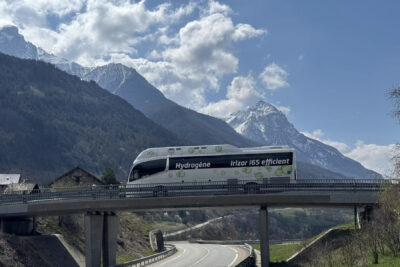

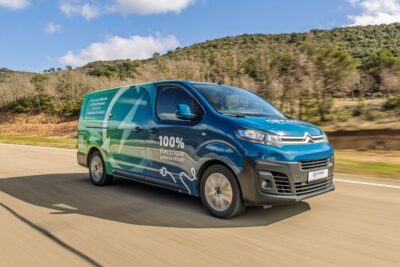
0 Comments